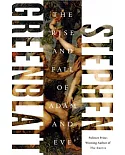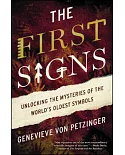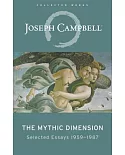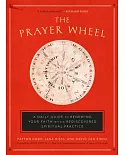Why does the discourse of immorality and corruption form such a ubiquitous presence in the written sources of the fourth century Roman Empire? Most modern scholars have viewed such language
either as a direct description of the workings of a central government rapidly expanding in size and scope; or else as a reflection of the anxieties of traditional elites over their loss of
influence in an increasingly bureaucratic society. Tim W Watson argues, by contrast, that such rhetoric served as an important means of integration, assimilation and social control in an era of
unprecedented social mobility. Examining the writings from the period of four figures with diverse religious backgrounds—Quintus Aurelius Symmachus; Libanius; Gregory of Nazianzus; and Ambrose
of Milan—the author shows how their emphasis on virtuous conduct over criteria such as wealth and birth created a space for ‘new men’ in the hierarchies of church and state: but on their terms.
It was this focus on virtue and vice that helped established discourses adapt to the fluid worlds of Western Christendom and the Byzantine Empire.








